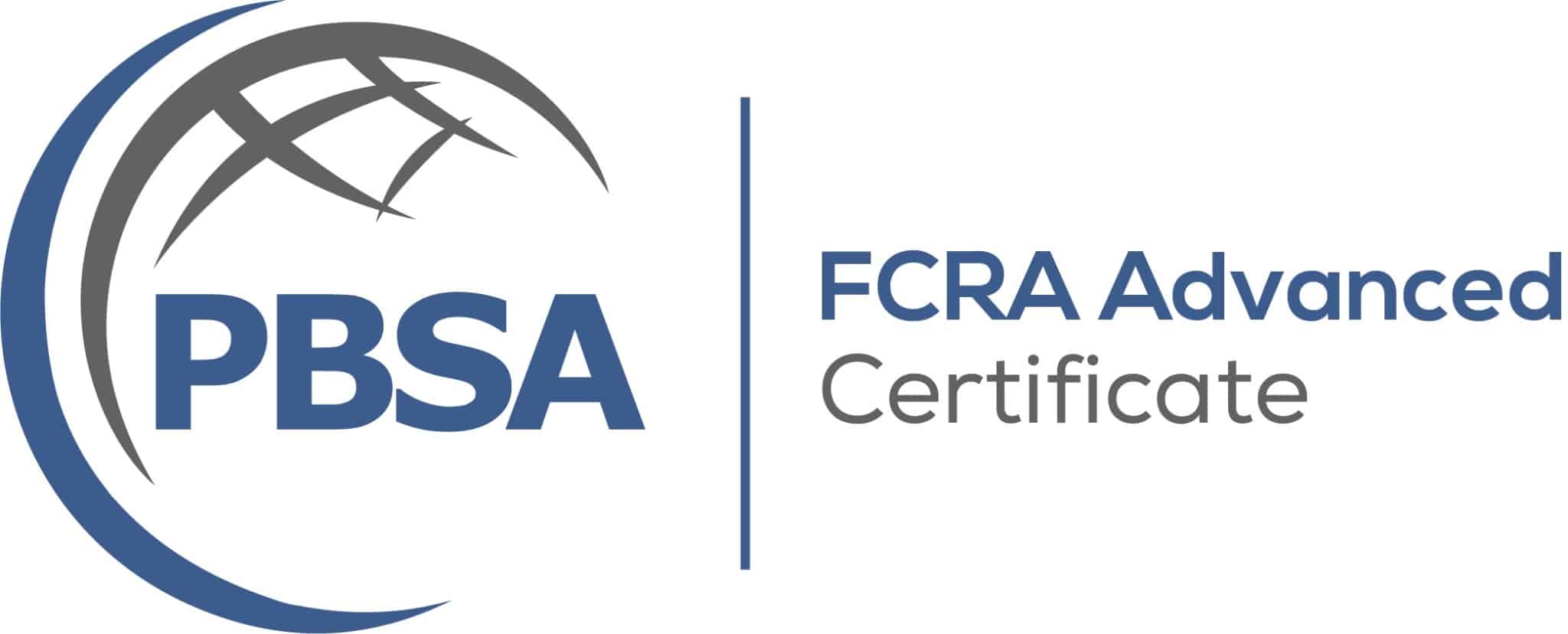
Criminal Background Check
Compliance note
- Criminal background checks conducted for employment are considered consumer reports under the Fair Credit Reporting Act (FCRA).
- Employers must obtain written consent and provide required disclosures before requesting a criminal background check.
- Decisions based on criminal records must comply with EEOC guidance to prevent discrimination and ensure job-related evaluation.
- State and local laws, such as “Ban-the-Box” and fair chance hiring rules, may restrict how and when criminal history can be used in hiring.
Related Terms and Posts
- Background Check
- Consumer Report
- Permissible Purpose
- Adjudication
- Pre-Adverse Action
- The Critical Role of Criminal Background Checks in Landlord Responsibilities (Blog)
- Beyond Criminal Records: A Complete Background Screening Checklist for Small and Mid-Sized Businesses (Blog)
- Background Checks in 2025: What Employers Need to Know (Blog)
Frequently Asked Questions
A: It may include searches of county, state, and federal criminal databases, as well as sex offender registries, pending cases, and court filings.
A: Employers may consider convictions if they are job-related and consistent with business necessity, but must follow EEOC guidance and FCRA procedures.
A: Yes. The FCRA requires written authorization before any background check, including criminal records, can be conducted for employment.
DISCLAIMER: The information provided in this glossary is for general informational purposes only and should not be construed as legal advice. While we strive for accuracy, EDIFY Background Screening does not guarantee that the definitions or explanations are complete, up to date, or error-free. Employers should always consult with competent legal counsel to ensure compliance with applicable laws and regulations.
Stay Updated with EDIFY Insights Newsletter
Get compliance tips, background screening updates, and HR best practices delivered straight to your inbox.





